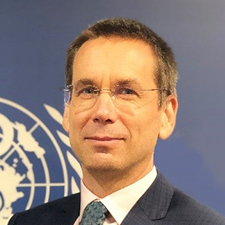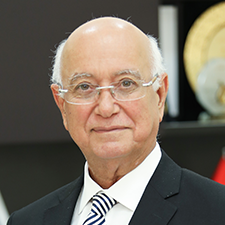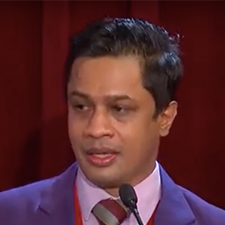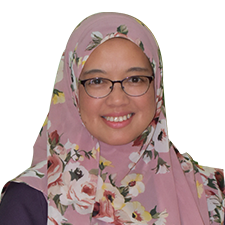SE006
The 11th AAAH Webinar Series 2020 “Addressing Health Care Workers’ Challenges in Response to COVID-19: sharing experiences and drawing countries’ lessons” Webinar 3: : Health professional training and education in the context of COVID-19 pandemic
09
Oct
ORGANIZER
- The Asia Pacific Action Alliance on Human Resources for Health (AAAH)
- World Health Organization Western Pacific Region Office (WHO WPRO)
- World Health Organization Eastern Mediterranean Regional Office (WHO EMRO)
- United States Agency for International Development (USAID)
- Japan International Cooperation Agency (JICA)
The COVID-19 pandemic has led to extraordinary circumstances in most countries of the world. Like many other sectors, education sector has been among the very first ones to suffer from the impact of COVID-19 with the closure of educational institutions at all levels, including health professions education institutions. This has led to disruption of teaching and learning activities, interruption in the completion of their curricula and cancellation of exams. In many countries health professions institutions have started making efforts to resume education as much as possible through various means. Rapid transition from traditional methods of teaching and learning to online teaching methods has raised challenges and concerns about the completion of curricula, clinal and practical training, assessment as well as quality assurance of the education. While some of these challenges can be overcome relatively quickly, others are producing lasting and sustained changes in the modality and methodology of health professions education and assessment.
At the same time, many countries are facing shortages of health professionals with core public health and appropriate clinical skills for rapid COVID-19 response. Several key competencies are being identified to allow a multidisciplinary health workforce to deliver effective disease control and health care services in all settings, for example, contact tracing, infection prevention and control, risk communications, acute care management, palliative care, and telemedicine, etc.
Drawing from the lessons of the pandemic, there is an urgent need to:
- review the existing national health workforce education and capacity building strategies
- identify gaps in current health education core competency package
- discuss how to improve health workforce education and training systems to fit for effective public health emergency response in the future.
- To identify the challenges and good practice of various innovative modalities and approaches implemented to ensure continuity of health professional education during the COVID-19 pandemic;
- To explore identified gaps in the existing public health and clinical competency training across various health professions drawing upon lessons from the COVID-19 response and explore what this may mean for future education and training strategies;
SPEAKERS






